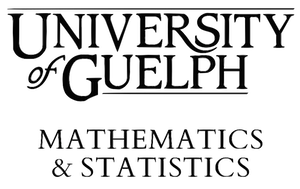Over the year computers have been getting smaller even as they get more powerful; today laptops are more powerful than the early massive mainframe computers. In the future, computers could be built on the atomic scale. These computers would be able to harness the power of quantum mechanical effects to perform tasks such as code-breaking, list searching, and transmitting data securely much more quickly and efficiently than any computer today.
These quantum computers, when built, will spark a new technological revolution. The emerging sciences such as quantum computing and quantum cryptography, and the exciting technologies they promise, still face numerous fundamental challenges.
Most importantly, the delicate nature of quantum systems and their susceptibility to environmental noise makes it extremely difficult to manipulate quantum bits or "qubits". Thus, the successful construction of large scale quantum devices will necessarily rely on a strong base of quantum error correction techniques and mathematical frameworks. Over the past two decades, the subject of quantum error correction has developed and blossomed through a series of interdisciplinary approaches, cutting across mathematics, physics, computer science, and engineering.
Researchers in the quantum information group in Mathematics & Statistics at Guelph, tackle quantum error correction problems from a variety of perspectives based in mathematics and physics, broadly in the field of mathematical physics. All faculty in the group actively involve graduate and undergraduate students in their research, and the group has strong regional connections and collaborations, especially with the Institute for Quantum Computing and Perimeter Institute in Waterloo, the Fields institute in Toronto and a wide and growing network of international connections in North America, Europe, Asia, and Africa.

